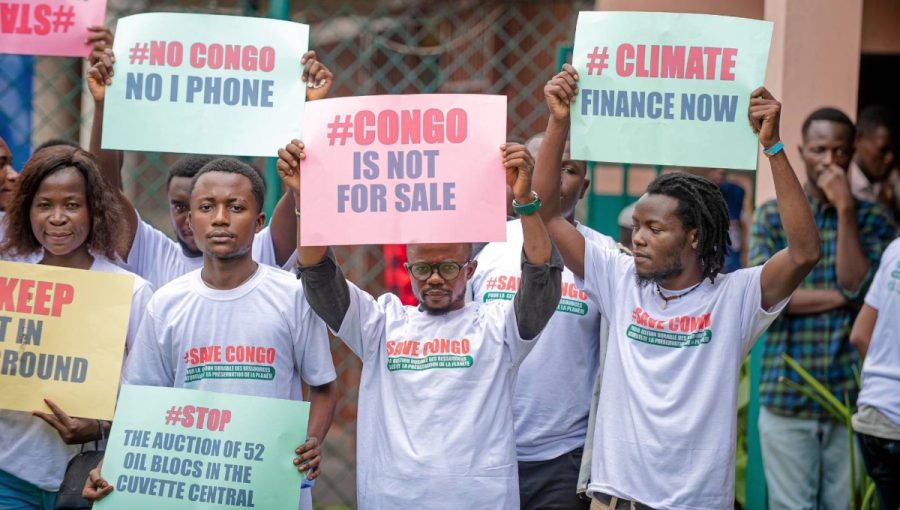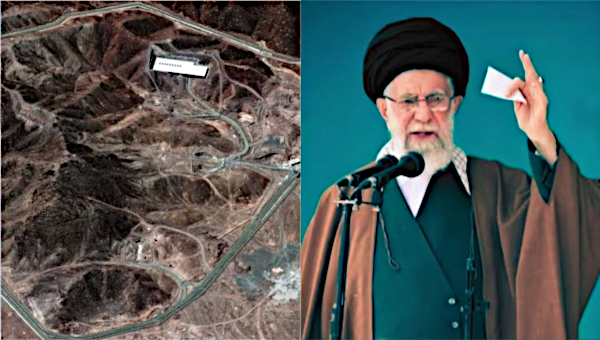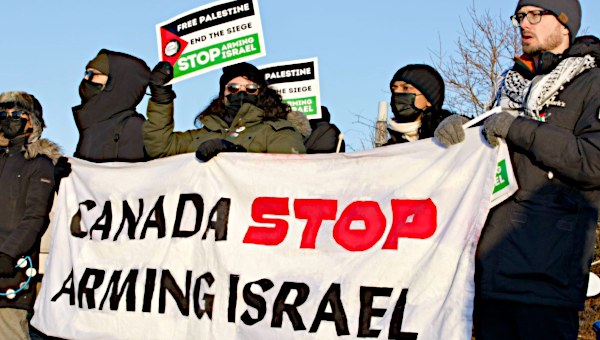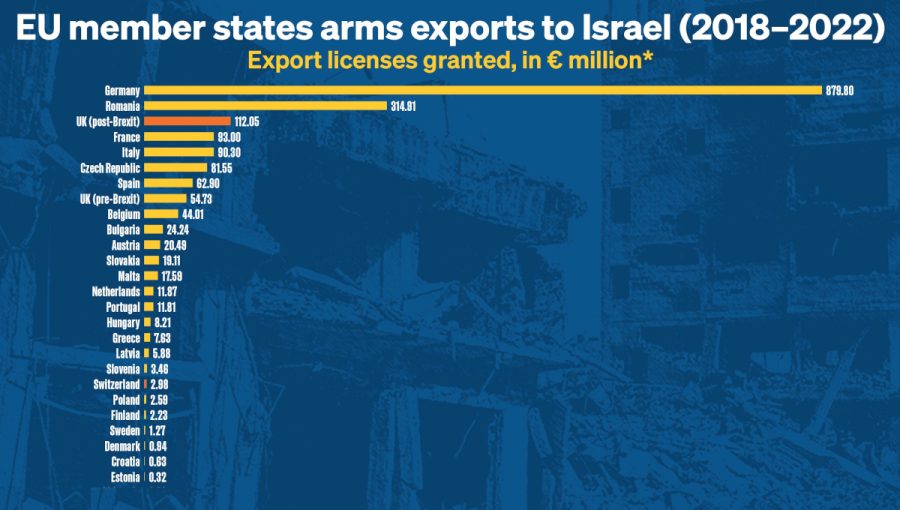Afghanistan Crisis Deepens: U.S., Canada and NATO Threaten to Extend War
On March 13, 2008, Canada’s Parliament voted to extend the country’s military “mission” in Afghanistan to July 2011. The motion by the minority Conservative government was supported by the opposition Liberals. The warmakers correctly estimated that fixing an exit date would deflect mounting opposition to the war among the Canadian public and buy time for Canada’s continued participation. Since then, the political and military situation in Afghanistan has continued to deteriorate for the occupying forces, and leading politicians are now floating proposals to extend Canada’s claimed exit date for a military mission that already constitutes a gross violation of the national sovereignty and human rights of the Afghan people.
Prime Minister Stephen Harper says the government will stick to its date. However, he also says that Canada will maintain a military presence in Afghanistan after 2011, to train Afghan police and military personnel. This is a de-facto extension of the military mission and not, as the government claims, in a non-combat role.
Following a visit to Afghanistan in late May, Liberal MP and Foreign Affairs critic Bob Rae said it is time to revisit the exit date and prepare for a longer intervention. Even the New Democratic Party’s military affairs critic, Jack Harris, doesn’t rule out a continued military role. He was on the same delegation as Rae and told reporters in Kandahar, “Obviously, there are considerable humanitarian and institution-building concerns about Afghanistan. Whether that involves the military or not is another question, indeed. … There are other ways we can help build institutions.”
The Canadian government’s vast increases in military spending belie the promise of withdrawal. A 2009 report by the Canadian Centre for Policy Alternatives stated that Canada would spend $21-billion on its military in 2009-2010, a 56% increase since 1998-1999. Recently, it announced a $9-billion purchase of new fighter jets, one of the largest purchases in Canadian history.
The Escalating War

The war continues to escalate out of control. By mid-August, 425 soldiers of the U.S.-led foreign occupation forces have been killed in 2010. At this rate, it will be the deadliest year for the imperialist coalition in the nine years of the war.
June and July were the first and second most deadly months of the war respectively for the foreign forces. One hundred and two of their soldiers were killed in June, and 89 in July. July was the highest monthly troop loss for the U.S. in Afghanistan, with 66 soldiers killed.
Since taking office in January 2009, U.S. President Obama has significantly escalated the war in Afghanistan. His reckless troop “surge” will result in 100,000 U.S. troops on the ground by the end of August, three times the number when he took office. The only tangible result of this surge has been an increase in deaths of Afghans at the hands of foreign forces and more imperialist troop deaths as resistance fighters wage their own “counter-surge.”
Obama has also expanded the war into Pakistan, where aerial attacks by unmanned drones have killed countless Pakistanis in the mountainous region along the border with Afghanistan.
A War for Democracy and Women’s Rights?
The U.S. and its imperialist allies in the North Atlantic Treaty Organization (NATO) say that the goal of their war is to protect democracy and women’s rights in Afghanistan. Both claims are disproven by the realities on the ground.
The U.S. has backed Afghan President Hamid Karzai, a representative of the wealthy and corrupt elite in Afghanistan. His regime consists of landowners, businessmen, and noted war criminals and their cronies. They make up the majority of representatives in the Afghan parliament. Their government has done nothing to improve the conditions of ordinary Afghans, and is despised by a large majority of the population.
The situation facing Afghan women remains as dire as ever. Since 2004, the Afghan parliament has reenacted most of the anti-women policies that existed under the pre-2001 Taliban-led government. Some go beyond anything in place in that earlier time. Instances of sexual abuse and assault against Afghan women are as high as ever, with the perpetrators of such acts going unpunished. Instances of women committing suicide by self-immolation are at an all-time high.
A July 31 New York Times article by Alissa Rubin reports that “girls’ schools are closing; working women are threatened; advocates are attacked; and terrified families are increasingly confining their daughters to home.”
U.S. Military Strategy Fails as Worldwide Opposition Deepens
Since June, Obama’s “surge” has been concentrated around Kandahar City, the main centre of NATO operations in southern Afghanistan since 2004. The need to concentrate the surge in the city itself shows the weakness of the U.S./NATO presence. Equally significant is the increasing ability of resistance forces to launch attacks in the Afghan capital of Kabul.
The Obama administration received a further blow to its strategy in Afghanistan with the July 26 Wikileaks release of the “Afghan War Diary,” a collection of 91,000 secret U.S. military reports on the war, covering the years 2004 to 2009 (some 15,000 of the documents are yet to be released). According to Wikileaks, the diary is “the most significant archive about the reality of war to have ever been released during the course of a war.”
Wikileaks founder Julian Assange told Democracy Now in an interview on July 27 that:
“What is most important is the vast sweep of the abuses that have occurred during the past six years, the vast sweep of the everyday squalor and carnage of the war… most civilian casualties occur in incidences where 1, 2, 10 or 20 people are killed, and they really numerically dominate the list of events.”
The documents reveal that much of the war has been conducted covertly by U.S. special operations forces, such as the now famous Task Force 373. These forces operate mostly at night, under the radar of the media, and kill with impunity.
Afghan civilian casualties are far higher than admitted by the occupation forces. According to an August 6 article by independent journalist Justin Podur, the War Diary records 15,219 Afghans killed in combat. There is every reason to believe that many of the reported Afghans killed in combat are in fact civilians. There are 3,994 civilian deaths reported, though only 34 of these are attributed to the occupation forces.
The Diary revelations occur in the aftermath of the removal in late June of the top U.S. commander in Afghanistan, General Stanley McCrystal. McCrystal was replaced by General David Petraeus, architect of the Bush Administration’s “surge” in Iraq in 2007. McCrystal’s firing indicates disarray among leading figures in the Pentagon and the Obama administration, and reflects growing doubts among the general population, if not the military itself, about the “winnability” of the war.
A CBS News poll conducted in early July shows that 62% of Americans are unhappy about the war, an increase of 13 percentage points since May. The same poll shows that 54% of Americans want the U.S. government to draw up a timetable for withdrawal of U.S. troops from Afghanistan.
Ignoring the rise in opposition, the U.S. Congress approved the War Funding Bill on July 27. It funds Obama’s “surge” to the tune of $37-billion. But Congressional support is no longer unanimous. One hundred and two Democrats voted against the bill, forcing Obama to rely on Republican votes to pass the measure.
Obama claims that the surge will end in 2011, and that the U.S. will begin withdrawing troops from Afghanistan. Yet the U.S. remains committed to enabling the Afghan regime to handle “security” for the country. The U.S. and other governments backing the Karzai regime recently held a conference in Afghanistan and resolved to militarily assist the regime until such time as it can handle military action on its own. They estimate that date to be 2014 at the earliest.
Similar rhetoric is being applied by the U.S. in Iraq. On August 2, Obama announced that the U.S. will end its combat mission there by the end of the month. Yet 50,000 soldiers and 4,500 “special forces” troops will remain on the ground, along with countless air and naval bases. Secretary of State Hillary Clinton wants to increase Special Forces personnel to 7,500.
According to writer Jeremy Scahill, the Obama policy in Iraq represents a continuation of the preceding Bush administration policy. He told Democracy Now in an interview on August 3 that:
“President Obama is implementing the policy that was on the desk of George W. Bush when he left the White House. This is essentially the Petraeus-Bush Iraq plan. So the idea that Obama is making good on a campaign pledge to end the war is sort of playing with words, because the reality is he just implemented what was current U.S. policy when he came into the White House.”
Afghan Detainee Torture Scandal
The Canadian government has been dogged by deep controversy over the treatment of Afghan detainees by Canadian forces. Allegations that the Canadian military knowingly handed Afghan detainees over to Afghan police authorities and were routinely tortured first surfaced in 2007 when University of Ottawa law professor Amir Attaran produced heavily censored documents obtained through an Access to Information request. They suggested that Afghan detainees handed over to Afghan officials by the Canadian military were tortured.

The allegations gained fresh legs in November 2009 when Richard Colvin, for a time the second highest ranking member of Canada’s diplomatic service in Afghanistan, delivered explosive testimony before a parliamentary committee confirming that Afghan detainees turned over by Canada were tortured and that Canadian officials, possibly even the government itself, turned a blind eye. Prime Minister Harper then asked the Governor General to prorogue (suspend) Parliament for a few months in order to avoid a deeper probe of the scandal. The request was granted.
When Parliament resumed in March, the Opposition parties passed a motion obliging the government to release the uncensored documents concerning the issue. The government refused. In June, the government struck a deal with the Liberals to appoint a three person panel that will determine how much of the documentation will be released to the public.
The Anti-War Movement
Polling numbers in all the warmaking countries show increased opposition to the war. Attacks on democratic rights and cuts to government social spending that accompany the wars’ pursuits are also prompting growing voices in opposition.
Despite the apparently small numbers of people mobilized in the streets to oppose the Afghan war, there are signs of progress toward broader mobilizations. The Netherlands has been obliged to withdraw its 1,900 troops after the sitting government failed to secure a majority in Parliament to keep them there. It is the first major NATO country to withdraw. The governments of Germany and Britain are under extreme pressure to follow suit.
In the United Kingdom, war resister Joe Glenton, who spent a year in prison for refusing to return to Afghanistan, has emerged as a strong leader against the war.
In the U.S., 850 people attended a July 23-25 United National Antiwar Conference in Albany, New York. The conference called for “unity in action, massive mobilizations, inclusion of the broadest popular sectors of society, democratic functioning, and the construction of a mass social movement that operates independently of all political parties while seeking to influence their rank and file.” It plans to hold a wide range of activities beginning this fall, culminating in mass demonstrations in New York and San Francisco on April 9, 2011.
The Canadian Peace Alliance – the country’s largest anti-war network – plans to coordinate a campaign throughout the fall against another extension of Canada’s war in Afghanistan, and to host a series of major events in October featuring Afghan social activist Malalai Joya. Recently in Toronto, Josie Forcadilla, the mother of a Canadian soldier in Afghanistan, spoke at a rally of 200 against the war.
As the crisis facing the U.S. and its allies in Afghanistan deepens, the withdrawal of the Netherlands shows that the war can be stopped. “Yes we can” build a vocal opposition in the streets, bring the troops home, end the war in Afghanistan, and set the world on an alternative course of social and environmental justice. •
For more information on the anti-war movement in Canada, check out the Canadian Peace Alliance.
This article published in conjunction with Socialist Voice.





